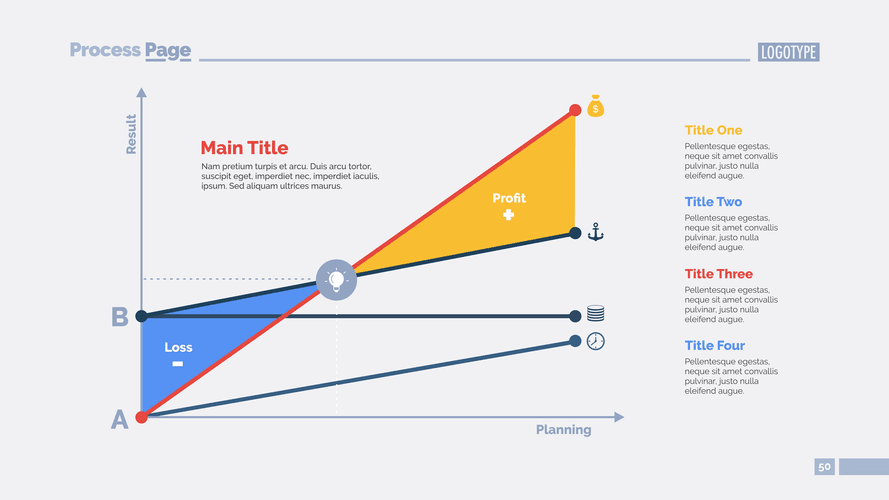
To comply with HMRC’s rules, each invoice must have a unique number, along with the date of the invoice and the name and address of both your business and the customer. Each invoice must also include a description of what you’re charging for, the date the goods or https://raketbeagency.com/15-best-accounting-software-for-advertising/ service were provided, the amount being charged and the total amount owed. Overall, while manual record-keeping may be feasible in certain circumstances, leveraging software offers scalability, efficiency, and reliability essential for modern businesses. As a general rule of thumb, if you’re wondering if a document is important, it’s a good idea to keep it and/or make a digital copy for your records. Digitizing your records is also a great way to avoid accidentally tossing them in a move or an overzealous fit of spring cleaning. Plus, let’s not forget that paper records can fade, and are susceptible to damage.

Business Documents: What to Keep, Store, and Secure
You generally have to deposit federal employment taxes, certain excise taxes, corporate income tax, and S corporation taxes before you file your return. The federal unemployment tax is part of the federal and state program under the Federal Unemployment Tax Act (FUTA) that pays unemployment compensation to workers who lose their jobs. You report and pay FUTA tax separately from social security and Medicare taxes and withheld income tax. You must pay the tax as you earn or receive income during the year. If you do not pay your tax through withholding, or do not pay enough tax that way, you might have to pay estimated tax. If you are not required to make estimated tax payments, you may pay any tax due when you file your return.
Customer Data — The Fuel That Keeps Your Sales Machine Going
Storing these digital files in a cloud-based service provides off-site backup and accessibility from various locations, which can be particularly beneficial for businesses with remote operations. Using encrypted external hard drives or network-attached storage devices also provides secure local digital storage. Specific circumstances necessitate retaining tax records for periods longer than the standard three or even seven years. If a business files a fraudulent tax return, or if it fails to file a return at all, there is no statute of limitations. In such cases, the IRS can assess additional tax at any time, meaning these records should be kept indefinitely.
- Consistent naming conventions should include relevant information like dates, document types, and version numbers in a standardized format.
- As tempting as it may be to toss everything once the IRS says you don’t need to keep it, you might want to think twice.
- Proper record keeping reduces the stress and potential complications of tax time, helps you take advantage of available deductions, and ensures compliance with tax laws.
- We will also discuss various record keeping systems and tools, as well as offer tips on organizing and maintaining your records effectively.
- Likewise, these records can help support your business in case of any legal issues.
- In this guide, we’ll tell you various methods using which you can keep your account records organized.
How long to keep your business records
If you don’t have this information archived and organized, your business could face major payment—even criminal—penalties. The IRS requires business owners to keep Bookstime certain records for specific periods, as this documentation will substantiate the income, deductions, and credits you report on your tax returns. Adequately keeping tax records involves documenting the following information. A business of any size needs to keep well-organized and up-to-date financial records.
- At CMP, we understand small business owners’ difficulties when balancing bookkeeping with daily operations.
- To use double-entry bookkeeping, simply plan to handle every transaction twice—one in an expected way and another in a corresponding equal-and-opposite way.
- However, setting aside a portion—ideally around 20%—for your tax obligations is best.
- Bookkeeping is the foundation of any successful business, especially for small businesses where every penny counts.
- At Overman Bookkeeping, we use secure cloud platforms to store client records and recommend that our clients adopt similar practices.
- Keeping accurate and organized business records is key to managing your finances, complying with IRS requirements, and protecting your company.
Instead, it “passes through” any profits or losses to its partners. Each partner includes his or her share of the partnership’s items on his or her tax return. Customer Relationship Management (“CRM”) systems are dedicated to tracking your contacts, accounts, leads, pipelines, correspondence, tasks and more.
How long should businesses keep employment tax records?
Under certain circumstances, the duration of keeping tax records for a business may extend beyond the standard three years. Here are some circumstances where you might want to hang on to your records for longer. The IRS can inquire about unfiled returns at any time — there’s no three-year period of limitations if you haven’t filed at all.
- Regularly monitor your cash flow to ensure you have enough funds to cover your expenses.
- To keep your business on track, aim to check these statements monthly or quarterly and always be prepared for any financial changes ahead.
- Having well-established policies will improve your records keeping and ensure that records are always treated and managed consistently.
- If you received property in a nontaxable exchange, your basis in that property is the same as the basis of the property you gave up, increased by any money you paid.
- There are a few things you can do to ensure compliance with legal requirements in record management.
- At Kinore, we are dedicated to helping small businesses improve their record-keeping practices and achieve financial stability.

It demonstrates your commitment to financial transparency, accountability, and professionalism. To start a business, you’ll usually need a business formation document like articles of incorporation or articles of organization. You’ll also need a registered business name, an EIN (employer identification number), and any required licenses or permits for your state. If you’re forming an LLC or corporation, an operating agreement or bylaws can help keep things organized. By comparison, physical files are immune to technical failure but do take up more space.

Consistent naming conventions should include relevant information like dates, document types, and version numbers in a standardized format. The National Association of Information Destruction (NAID) certifies shredding services, and working with a NAID-approved vendor can increase the security of document disposal. You can also take paper to companies that offer shredding services. Recycling companies and stores like UPS and FedEx will shred paper for free or for a fee, and since they mix your papers with others from multiple customers, this can be a secure option.

Individual Tax Forms
- This lifetime includes the production of a record as well as its disposal.
- Yes, digital documents are generally legally valid when properly created and maintained.
- Effective record keeping is a critical aspect of running a successful small business.
- Henry carries the January total of expenses for materials ($1,083.50) to the Annual Summary.
- To know what compliance looks like for your business, start by visiting your state government’s revenue agency website to clarify.
- We recommend using one of the kinds of bookkeeping systems that we mentioned earlier to prepare these reports because of how much time it will save you.
Records are necessary for tax purposes, legal needs, and financial reporting. The most common type of recordkeeping is accounting which involves the recording of transactions in order to maintain an accurate balance sheet and income statement. Remember, the right record keeping systems and tools how to keep records for small business can significantly streamline your business operations, improve compliance, and enhance productivity. Investing time and resources in selecting and implementing the appropriate systems and tools will contribute to the accuracy, accessibility, and efficiency of your record keeping processes.
How Long Do I Need To Keep Tax Records For My Small Business?
Recordkeeping for small businesses can be done through either hard copy or electronic filing. Here are five steps to simplify the process of keeping records for any new small business owner. Thirdly, finalize the record by inputting data into accounting software or sharing it with a bookkeeper. Lastly, utilize the recorded information, including income, expenses, and other key factors, to identify areas for improvement.
